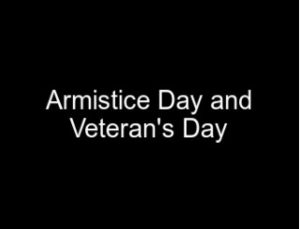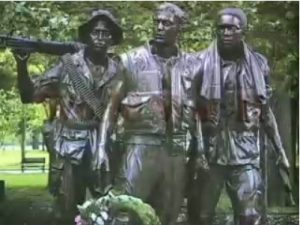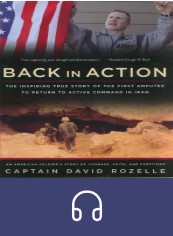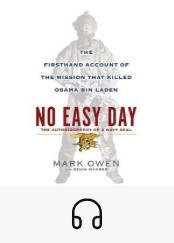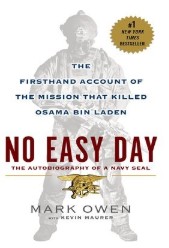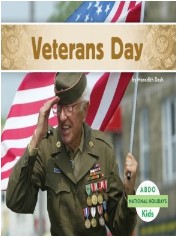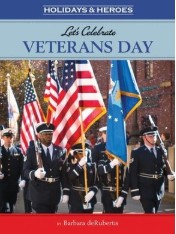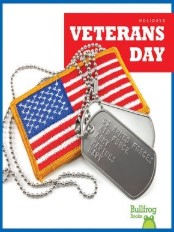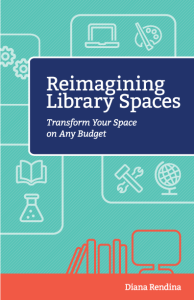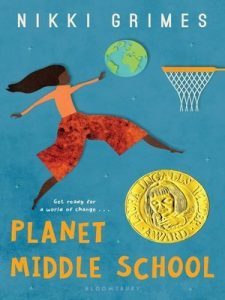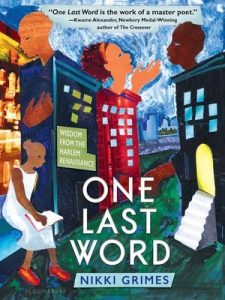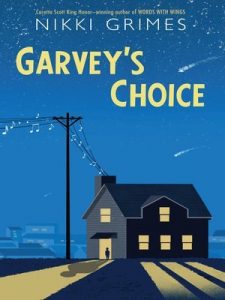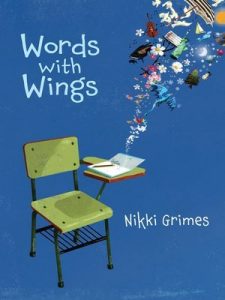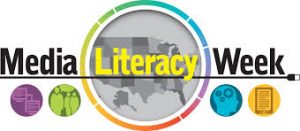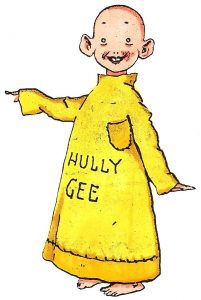This first paragraph (in quotes) is taken VERBATIM from the WXXI Television Highlights —
“Free speech is a fundamental element to a democracy. In America, it’s sometimes taken for granted. Free Speech: Challenge of Our Times, presented by Arizona State University’s School of Civic and Economic Thought and Leadership and Arizona PBS, takes a deep look into this constitutional right and how we as Americans can protect it. The programs pull a diverse spectrum of viewpoints from academics, politicians and free speech thought leaders.”
These ten programs are online for your students to watch at any time. While some may seem a little dry, they bring up important points for our students to think about. These programs would be especially valuable to social studies classes, journalism students, and libraries – champions of intellectual freedom!
Program 1 features former US Senators Tom Daschle, D-S.D. and Jon Kyl, R-Arizona, as they discuss disagreement and the role of civil dialogue in American politics and culture. (27m 40s)
Program 2 highlights First Amendment lawyer and author Floyd Abrams, who represented The New York Times in the landmark Pentagon Papers Supreme Court case, where he explains why free speech must be protected.
Program 3 features Jonathan Haidt, author of “The Righteous Mind” and co-founder of Heterodox Academy, explores “America’s Escalating Outrage” and its impact of universities in America.
Program 4– Scholars Robert P. George and Cornel West discuss the importance of open dialogue in pursuit of civil discussion and the serious and respectful exchange of ideas, on university campuses and in American society.
Program 5 features Middlebury Professor Allison Stanger and Reed Professor Lucia Martinez Valdivia as they examine issues that surround free speech on campus when protests turn extreme.
Program 6 is a student panel discussion about ‘Why Do Students Need Free Speech on Campus?’ It is part of the “Free Speech and Intellectual Diversity in Higher Education and American Society” series sponsored by SCETL and co-sponsored by the Cronkite School of Journalism and Mass Communication and the Sandra Day O’Connor School of Law at ASU.
Program 7 – Bret Weinstein, evolutionary biologist; Heather MacDonald, the Thomas W. Smith fellow at the Manhattan Institute; and Ulrich Baer, professor of German and Comparative Literature at New York University; talk about negotiating controversial speakers on campus.
Program 8 Professor Geoffrey Stone of the University of Chicago, who authored the school’s statement of principles on free expression, discusses the appropriate limits on free speech in institutions of higher learning.
Program 9 Experimental psychologist and Harvard University Professor Steven Pinker explores the fundamental right of free speech.
Program 10 Steven Hayward of Powerline and University of California, Berkeley, presents the intellectual suicide of American universities and the causes and remedies associated with it.

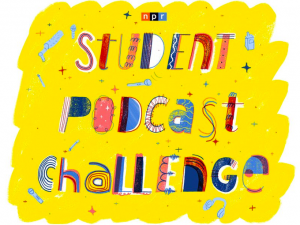
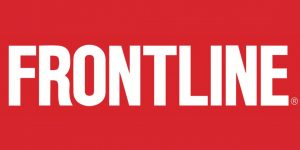 Do you ever happen to see something on FRONTLINE that would work perfectly with your students?
Do you ever happen to see something on FRONTLINE that would work perfectly with your students?